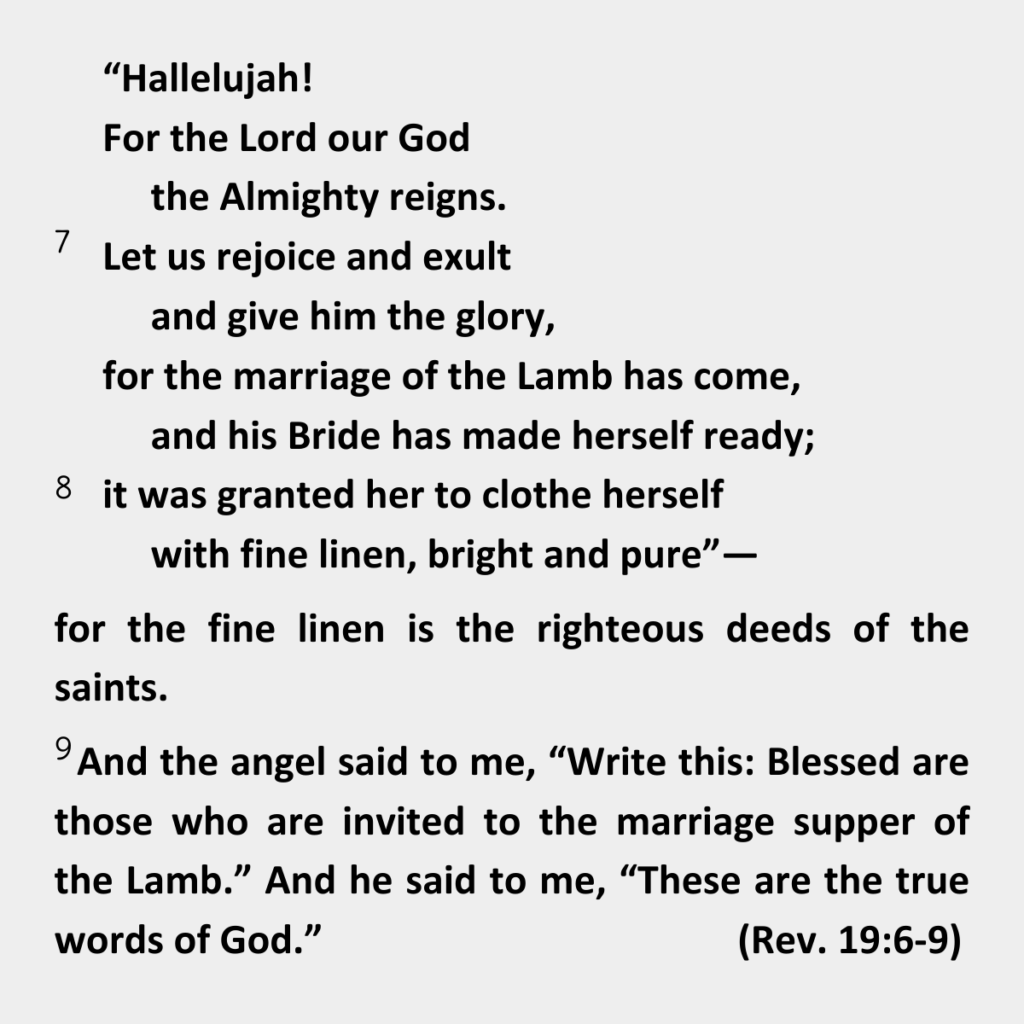Readings: Ezekiel 34:11-16 | 1 Peter 2:21-25 | John 10:11-16
Text: John 10:11-16
In the Name + of Jesus. Amen.

People sometimes say, “If you want it done right, you’ve gotta do it yourself.” Whether it’s cleaning the bathroom or fixing something that broke, sometimes this is true. Maybe that’s how the Lord felt when He was speaking through Ezekiel: “Behold, I, I myself will search for my sheep and will seek them out. 12 As a shepherd seeks out his flock when he is among his sheep that have been scattered, so will I seek out my sheep, and I will rescue them from all places where they have been scattered on a day of clouds and thick darkness.” After all, no one on earth seemed to get it right. Later in this part of chapter 34, He says, “21 Because you push with side and shoulder, and thrust at all the weak with your horns, till you have scattered them abroad, 22 I will rescue my flock.”
As Jesus is speaking to the crowds, it doesn’t seem like it’s gotten any better either: “12 He who is a hired hand and not a shepherd, who does not own the sheep, sees the wolf coming and leaves the sheep and flees, and the wolf snatches them and scatters them. 13 He flees because he is a hired hand and cares nothing for the sheep.”
It’s not for lack of instruction. He had made it clear what He had done, and what He expected of His people. The Lord, who had brought them out of the land of Egypt, out of the house of slavery [Ex. 20:1], never betrayed them. But it seemed like they just couldn’t live up to their end of the covenant! In fact, in sharp contrast to the people’s faithfulness, the Lord uses a marriage analogy in Jeremiah 31:
31 “Behold, the days are coming, declares the Lord, when I will make a new covenant with the house of Israel and the house of Judah, 32 not like the covenant that I made with their fathers on the day when I took them by the hand to bring them out of the land of Egypt, my covenant that they broke, though I was their husband, declares the Lord.
And for us to understand this, remember these sacred vows which husbands and wives take in the presence of God:
P [To the bridegroom]: Will you have this woman to be your wedded wife, to live together in the holy estate of matrimony as God ordained it? Will you nourish and cherish her as Christ loved His body, the Church, giving Himself up for her? Will you love, honor, and keep her in sickness and in health and, forsaking all others, remain united to her alone, so long as you both shall live? Then say: I will.
P [To the bride]: Will you have this man to be your wedded husband, to live together in the holy estate of matrimony as God ordained it? Will you submit to him as the Church submits to Christ? Will you love, honor, and keep him in sickness and in health and, forsaking all others, remain united to him alone, so long as you both shall live? Then say: I will. (LSB p. 276)

When we hear the words of these solemn promise, it can bring tears to our eyes. Tears of joy in the promise of years to come, of gratitude that God would give us such a gift as this man or woman.
It also brings tears of regret for our failures and those promises made to us which were not kept—the times we have bristled at what it really means to be with them in all circumstances till death, for the husband to sacrificially (not selfishly) love his wife, and for the wife to submit to her husband and not dismiss him as an oaf.
These marriage vows are a humbling reminder to us that our promises—our most heart-felt and solemn oaths—are always subject to failure. But there is faithfulness in the world, upon which we can stake our very lives: the faithfulness of God.
11 I am the good shepherd. The good shepherd lays down his life for the sheep... I know my own and my own know me, 15 just as the Father knows me and I know the Father; and I lay down my life for the sheep. 16 And I have other sheep that are not of this fold. I must bring them also, and they will listen to my voice. So there will be one flock, one shepherd.
When we hear the story of God throughout Scripture, it resounds with His faithfulness. He is the faithful Bridegroom, the faithful God who never speaks an idle promise, or says what He is unable or unwilling to do. He is the Good Shepherd, who truly does the utmost for His flock. He never leaves, nor forsakes them. He leads them to streams of living water and restores our souls [Rev. 7:17, Psalm 23:3].

He is intimately acquainted with each piece of His world, and especially of man and woman in it. He redeemed even when our parents and us had turned to sin and rebellion. He rescued from slavery as He had promised, despite the power and stubborn refusal of a wicked ruler. [Exodus 12-14] Under a different tyrant, when the fires of hell threatened, He faithfully took the place of His people so that they would come out without even the smell of smoke. [Daniel 3]
This is the very faithfulness we need to be saved. All of us have turned aside. All of us have failed. But He has forever remained the faithful Bridegroom, the faithful Savior, the Good Shepherd:
33 For this is the covenant that I will make with the house of Israel after those days, declares the Lord: I will put my law within them, and I will write it on their hearts. And I will be their God, and they shall be my people. 34 And no longer shall each one teach his neighbor and each his brother, saying, ‘Know the Lord,’ for they shall all know me, from the least of them to the greatest, declares the Lord. For I will forgive their iniquity, and I will remember their sin no more.”
This is God’s solemn promise to you. It was sealed, not with a ring, but with His own blood upon the cross. He gave you this pledge in the saving waters of Baptism. And because we fail each day, He gives the pledge of His faithfulness in the Lord’s Prayer and in the Absolution. He is so committed that He even gives us the sacrifice He made for us to eat and drink. This is a foretaste of what He is bringing His bride to, as He tells us in Revelation 19:

Yes, He wanted it done right, and He did it Himself. He laid down His life for His sheep, for His Bride, that we may live with Him eternally.
In the Name of the Father and of the + Son and of the Holy Spirit. Amen.

Leave a Reply